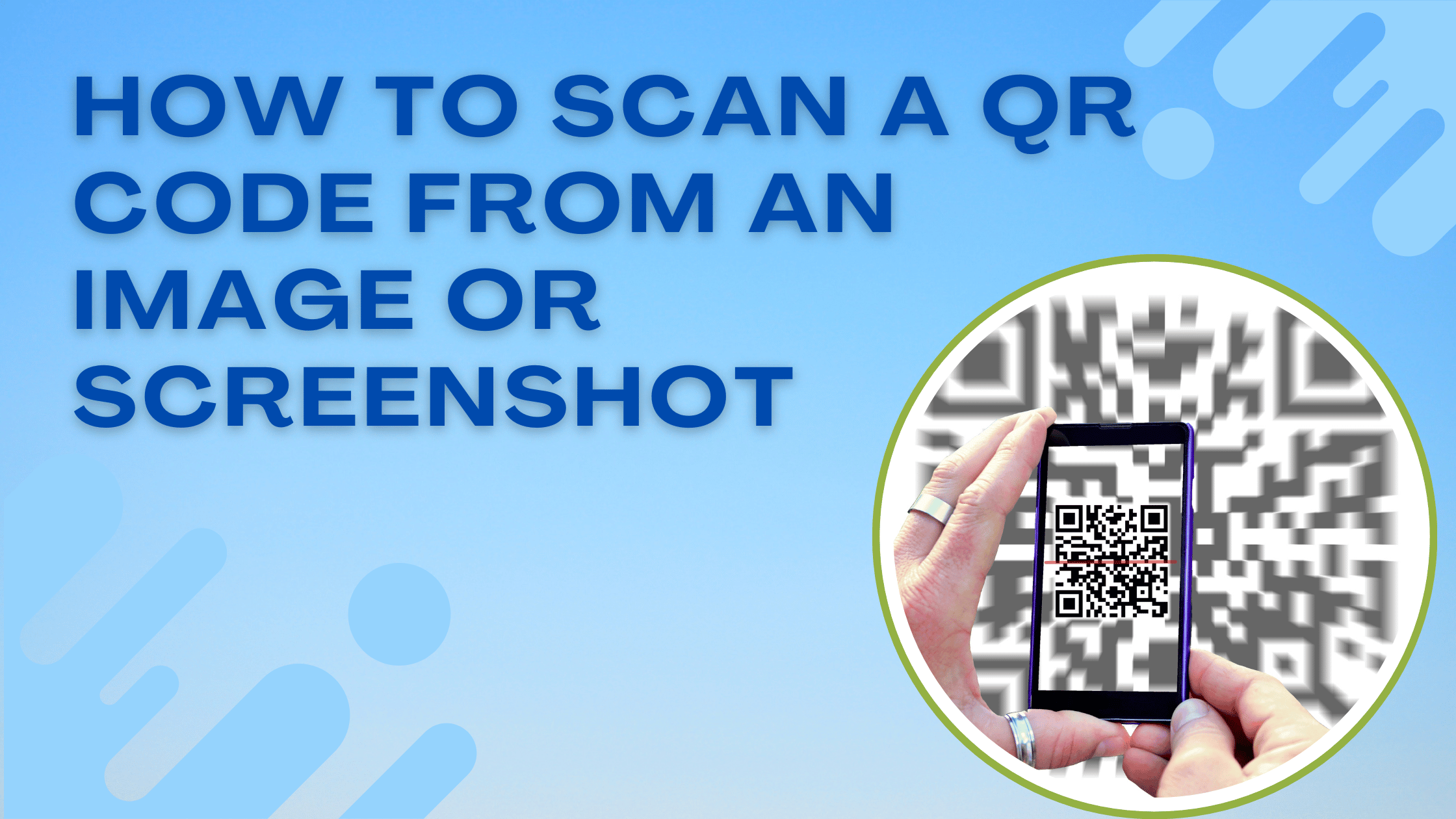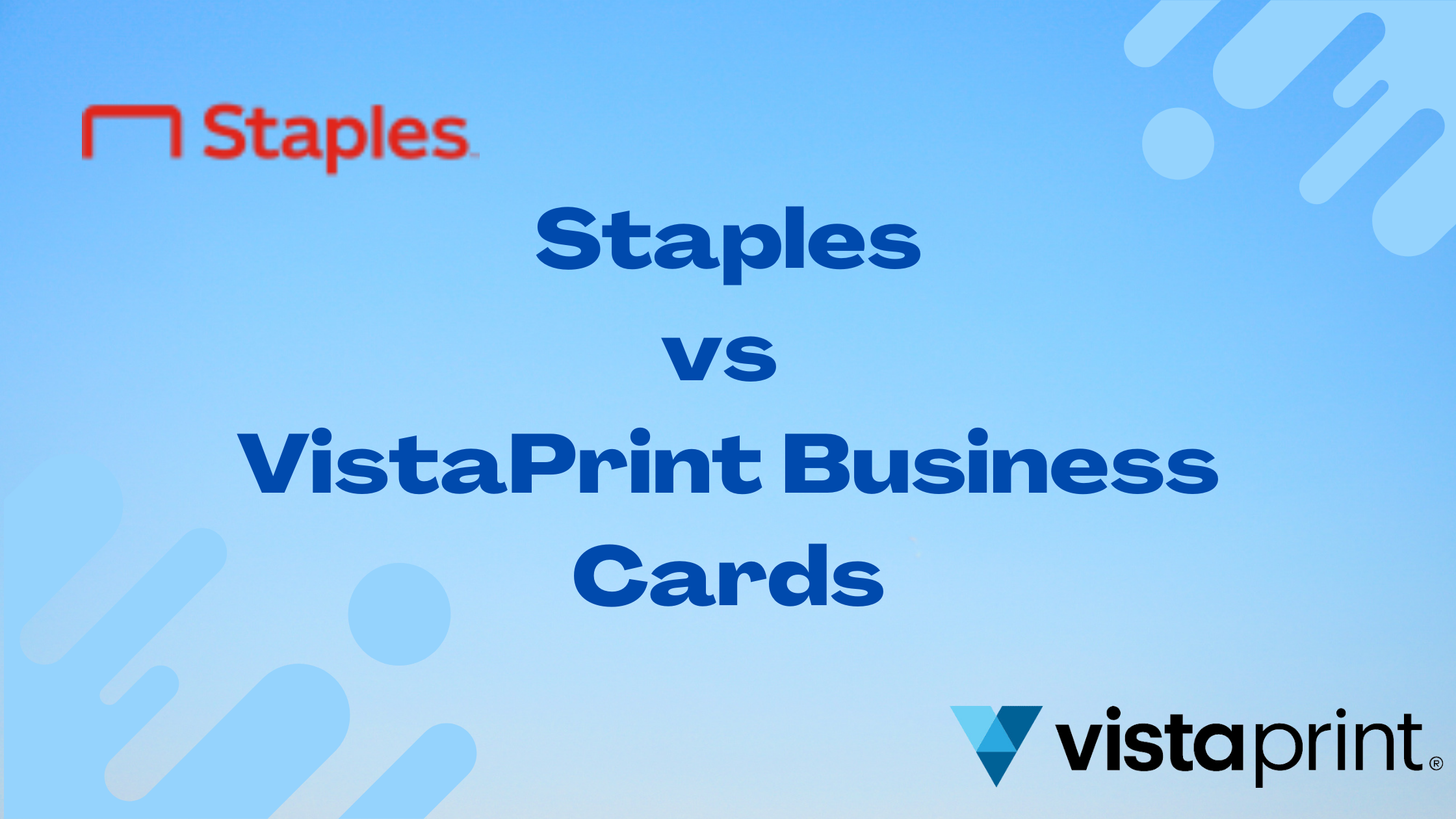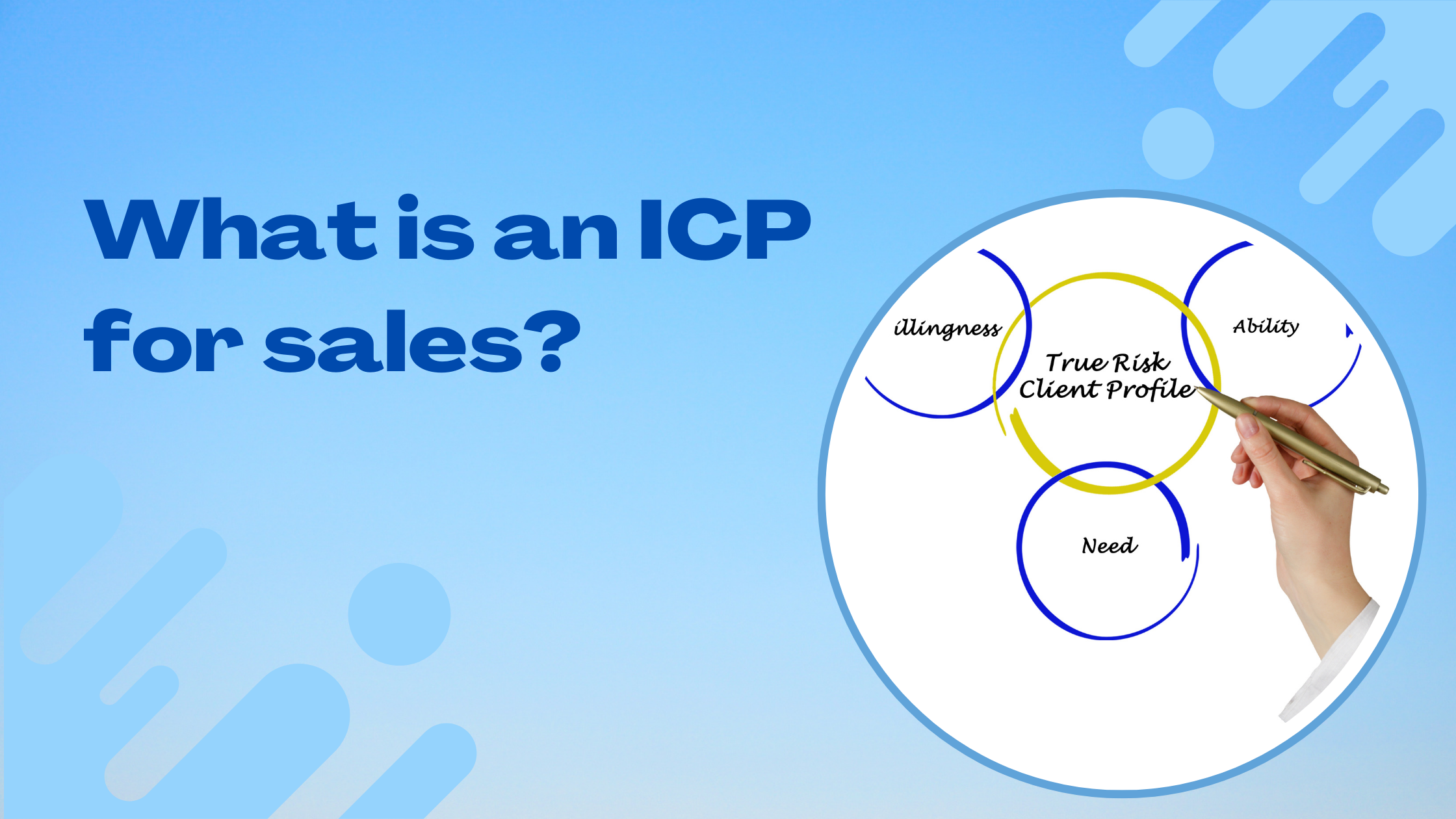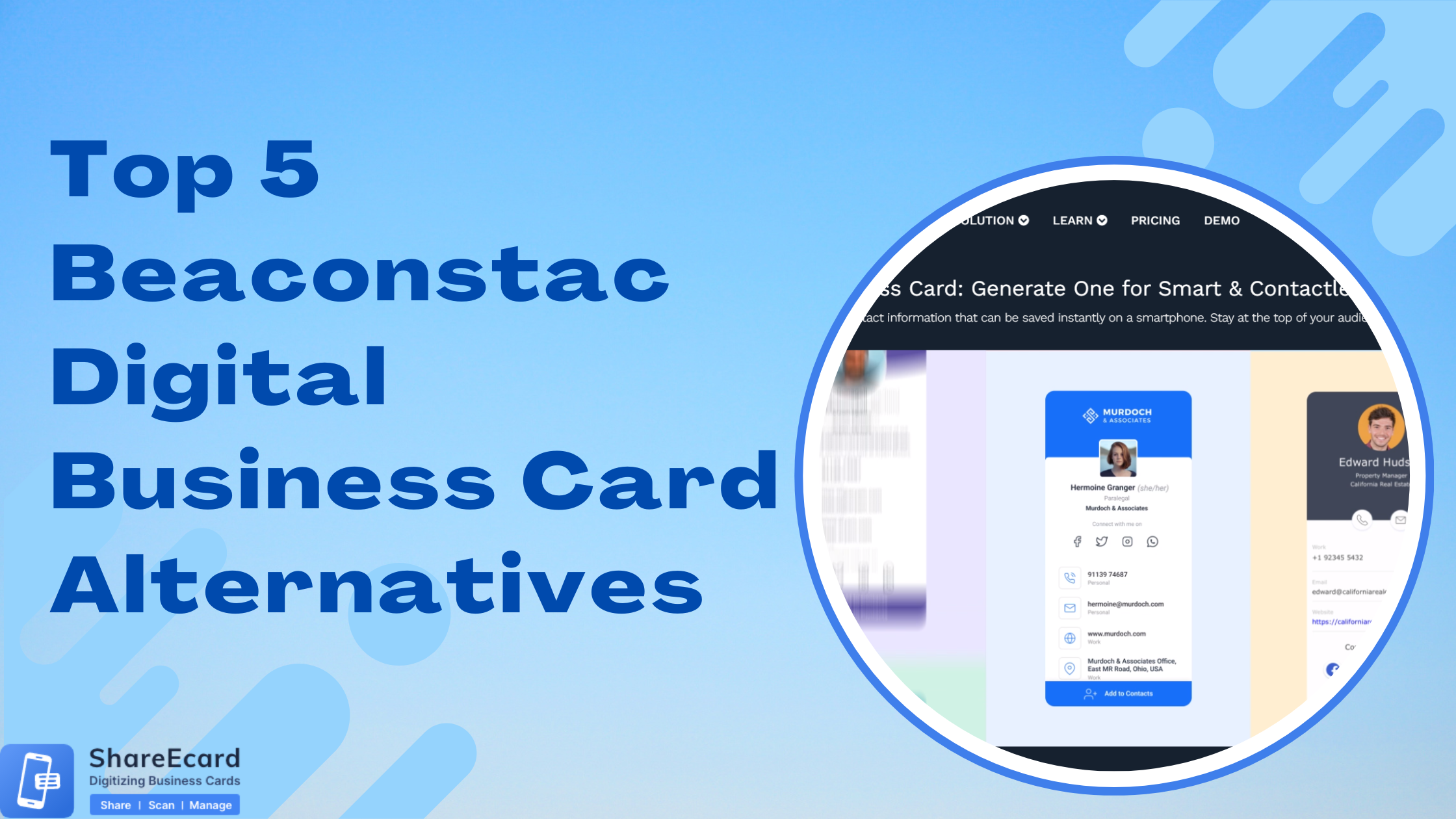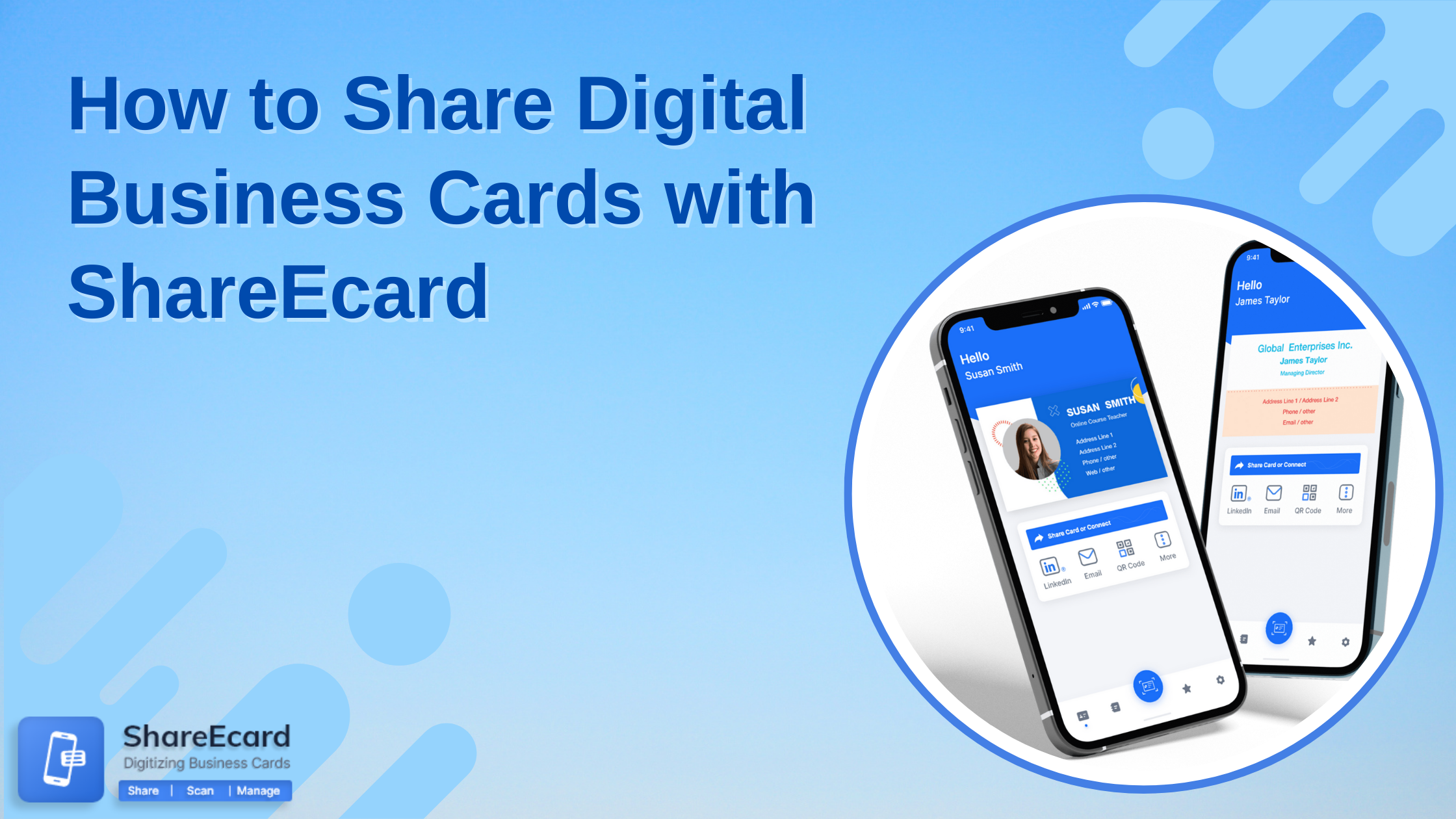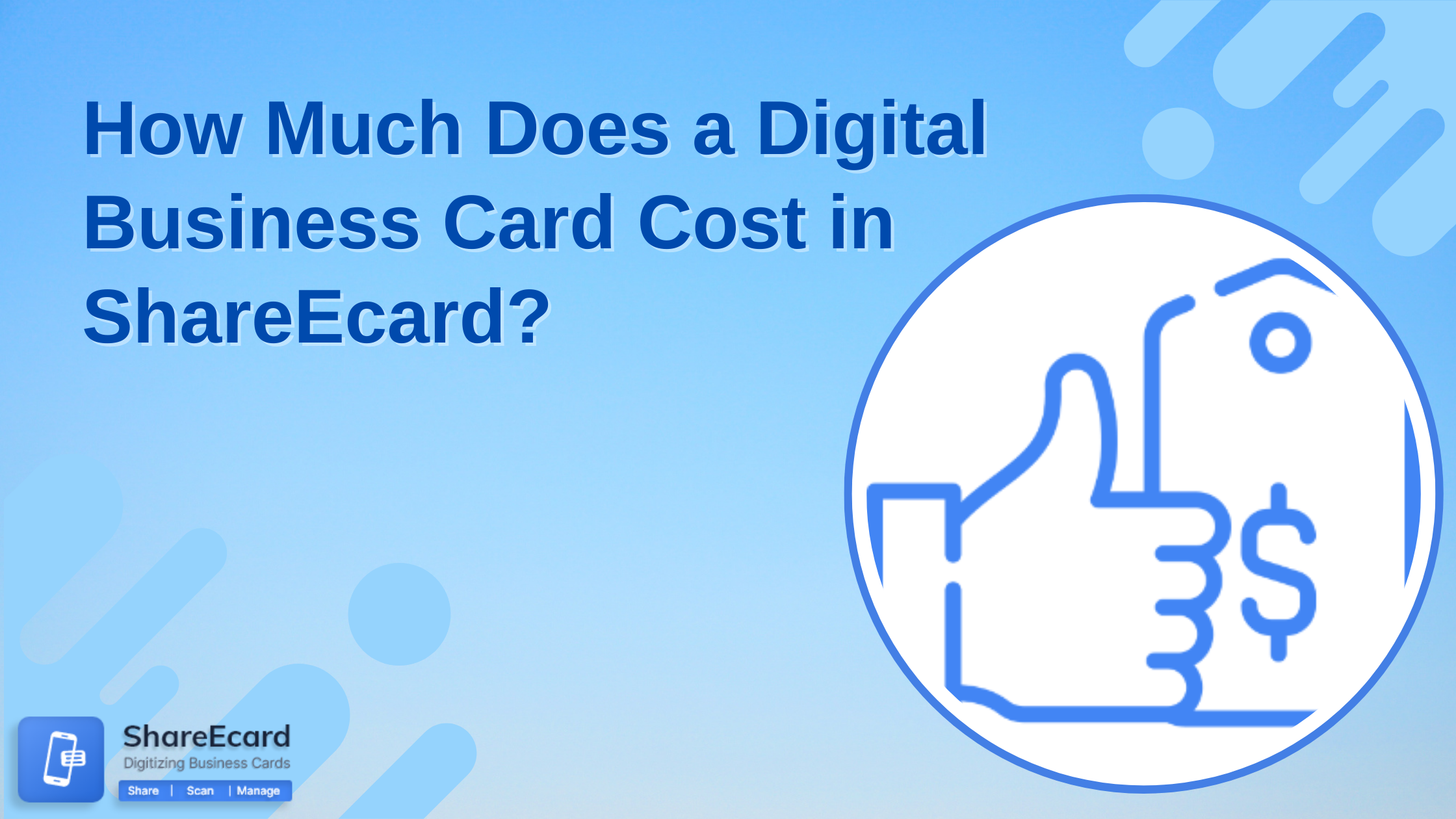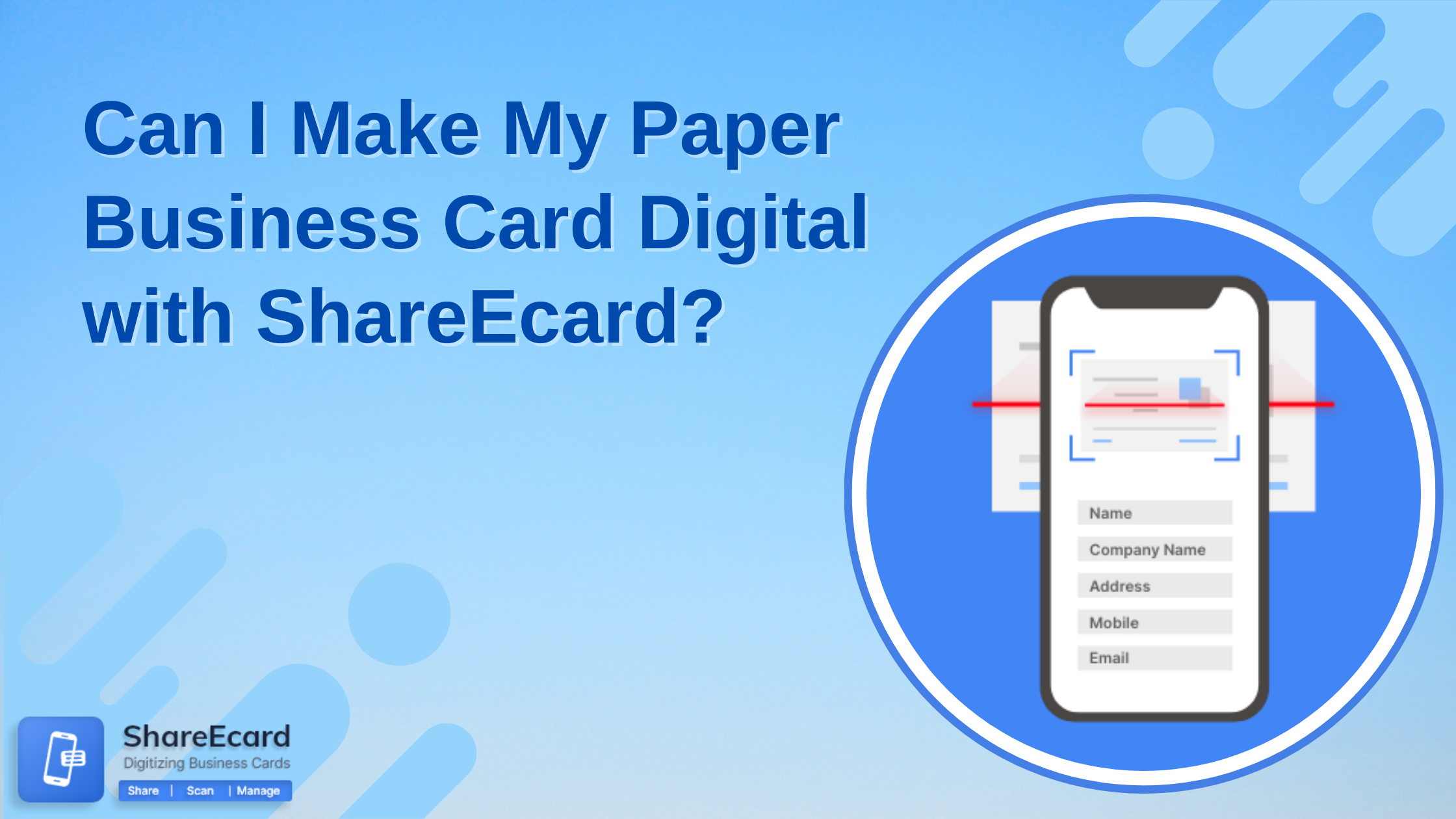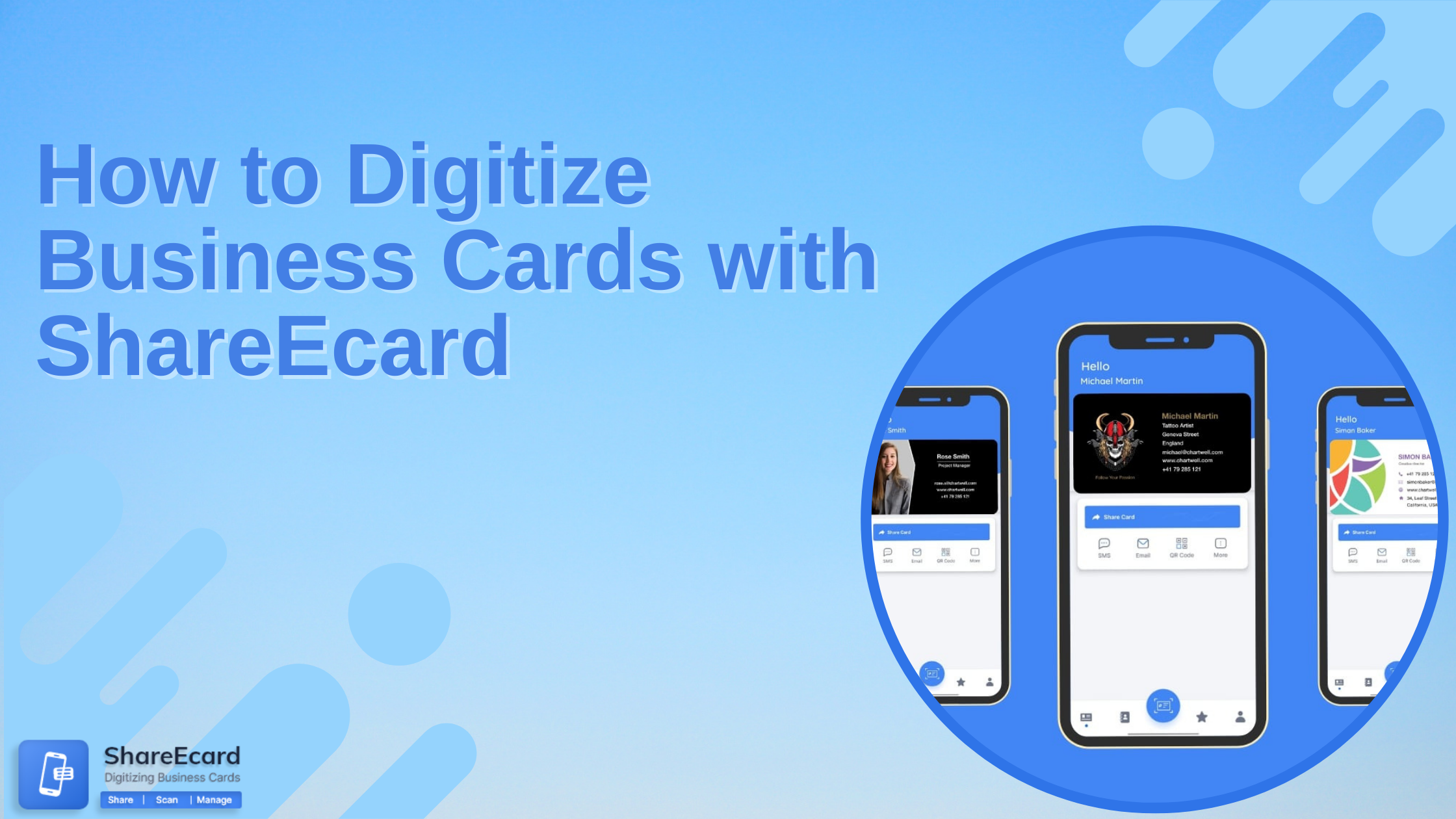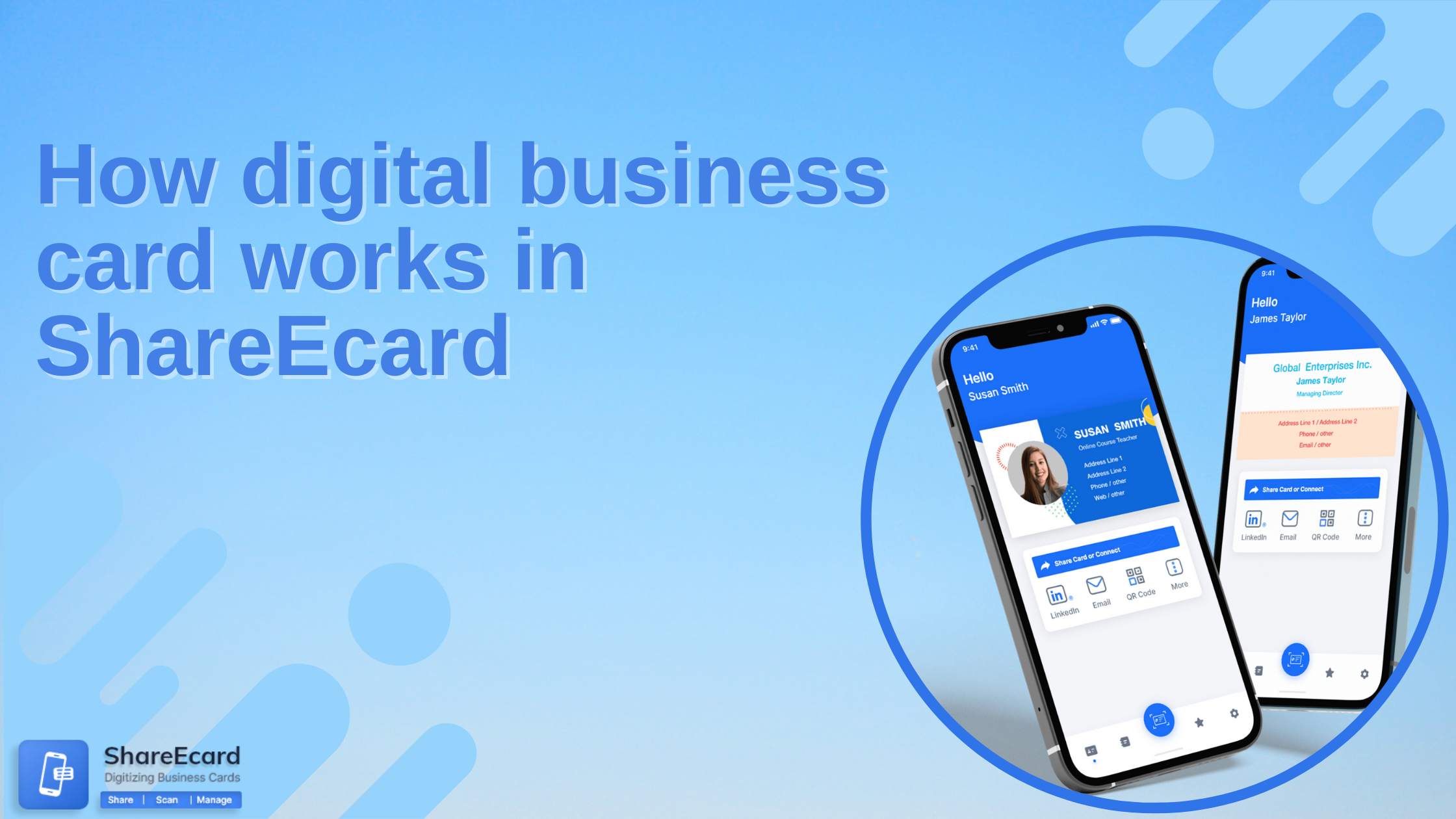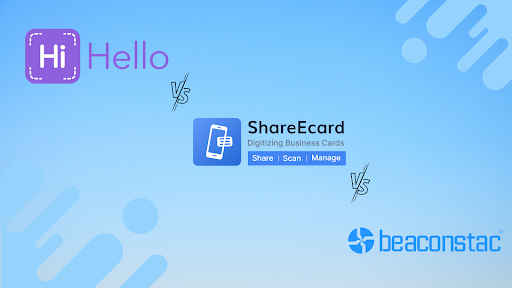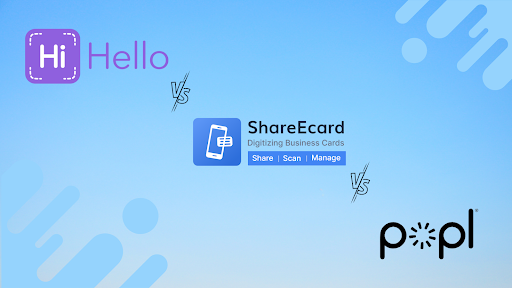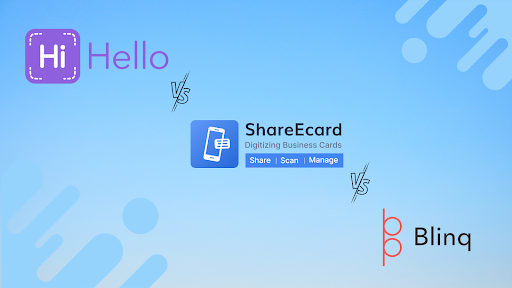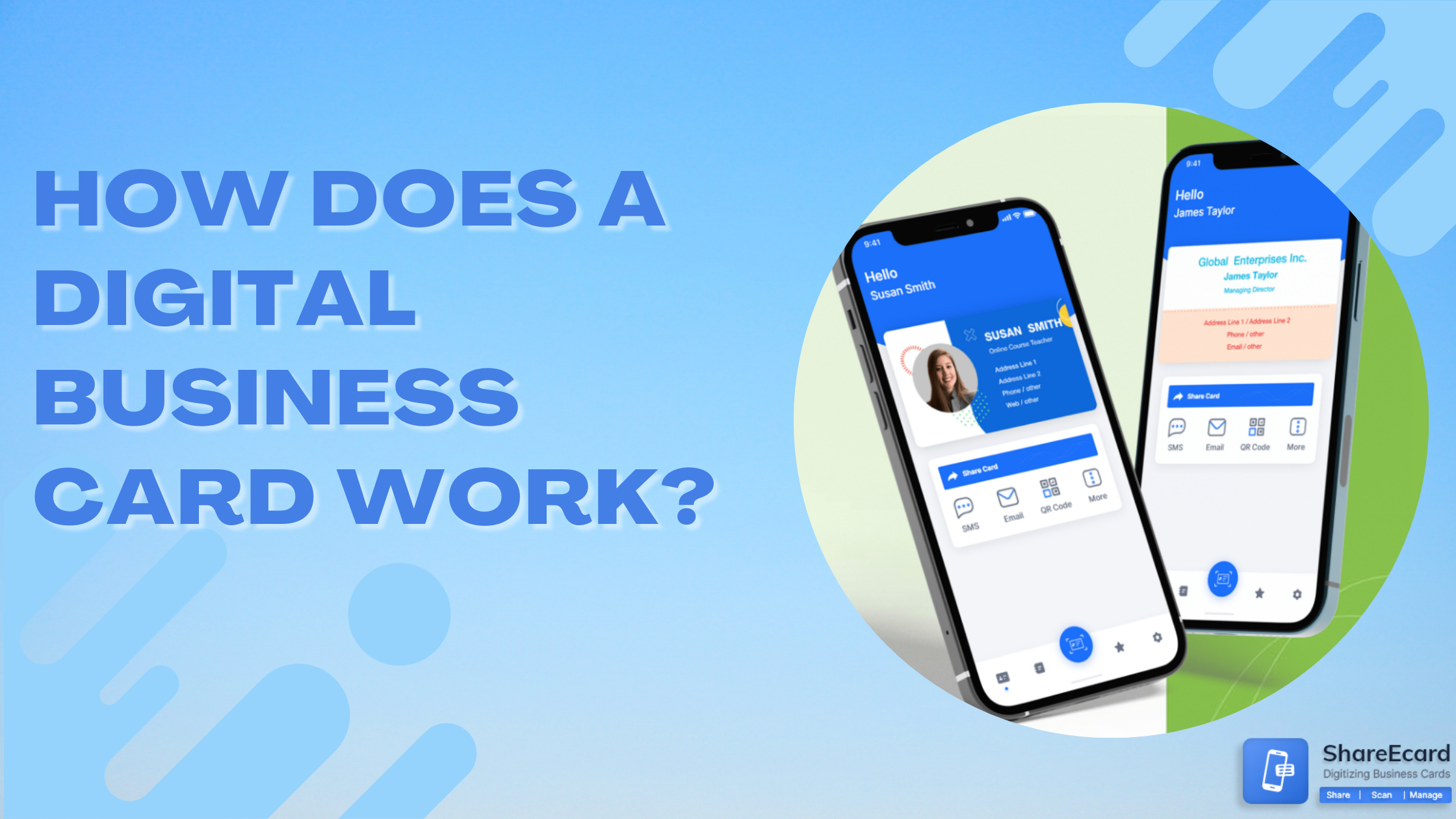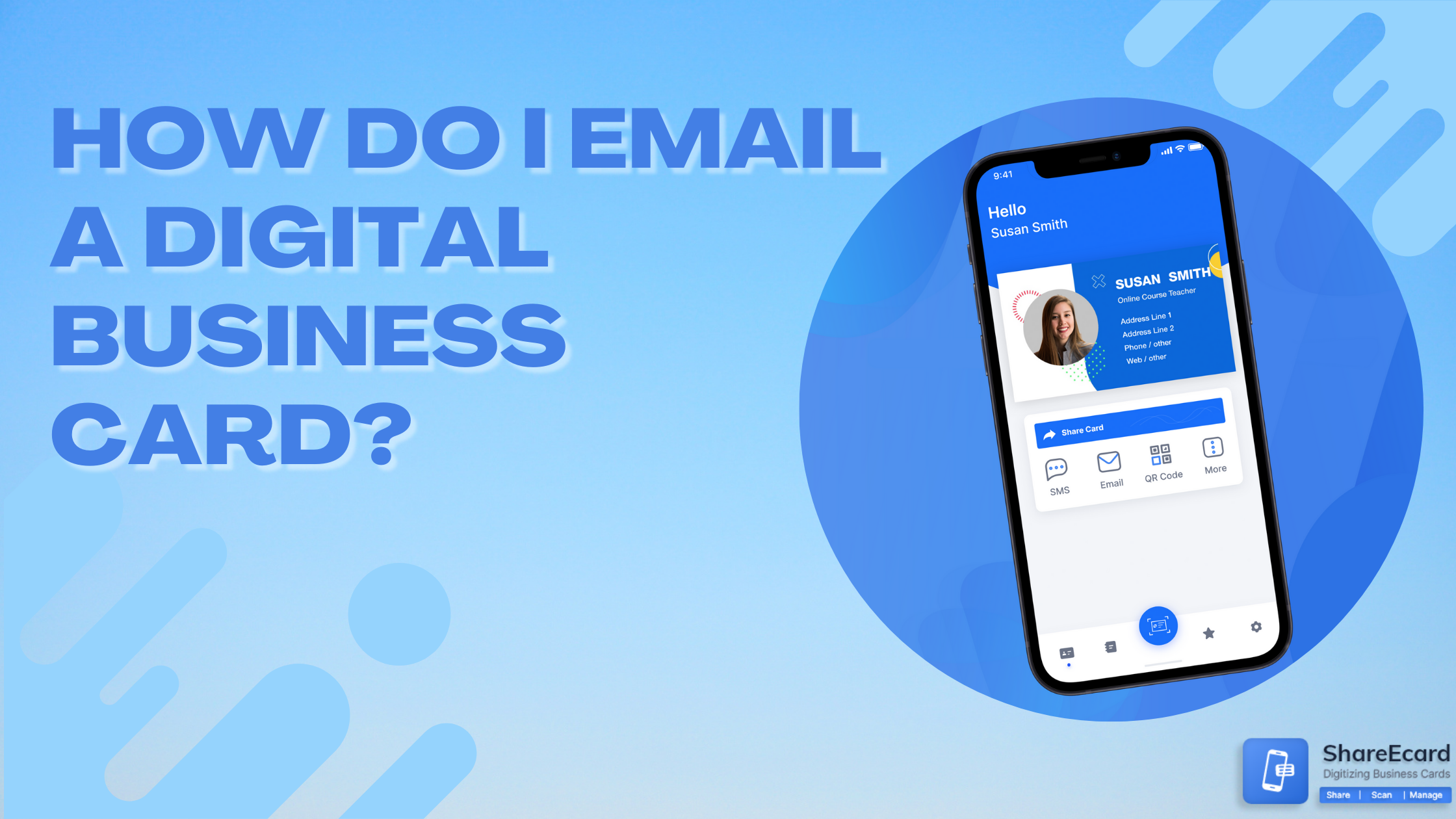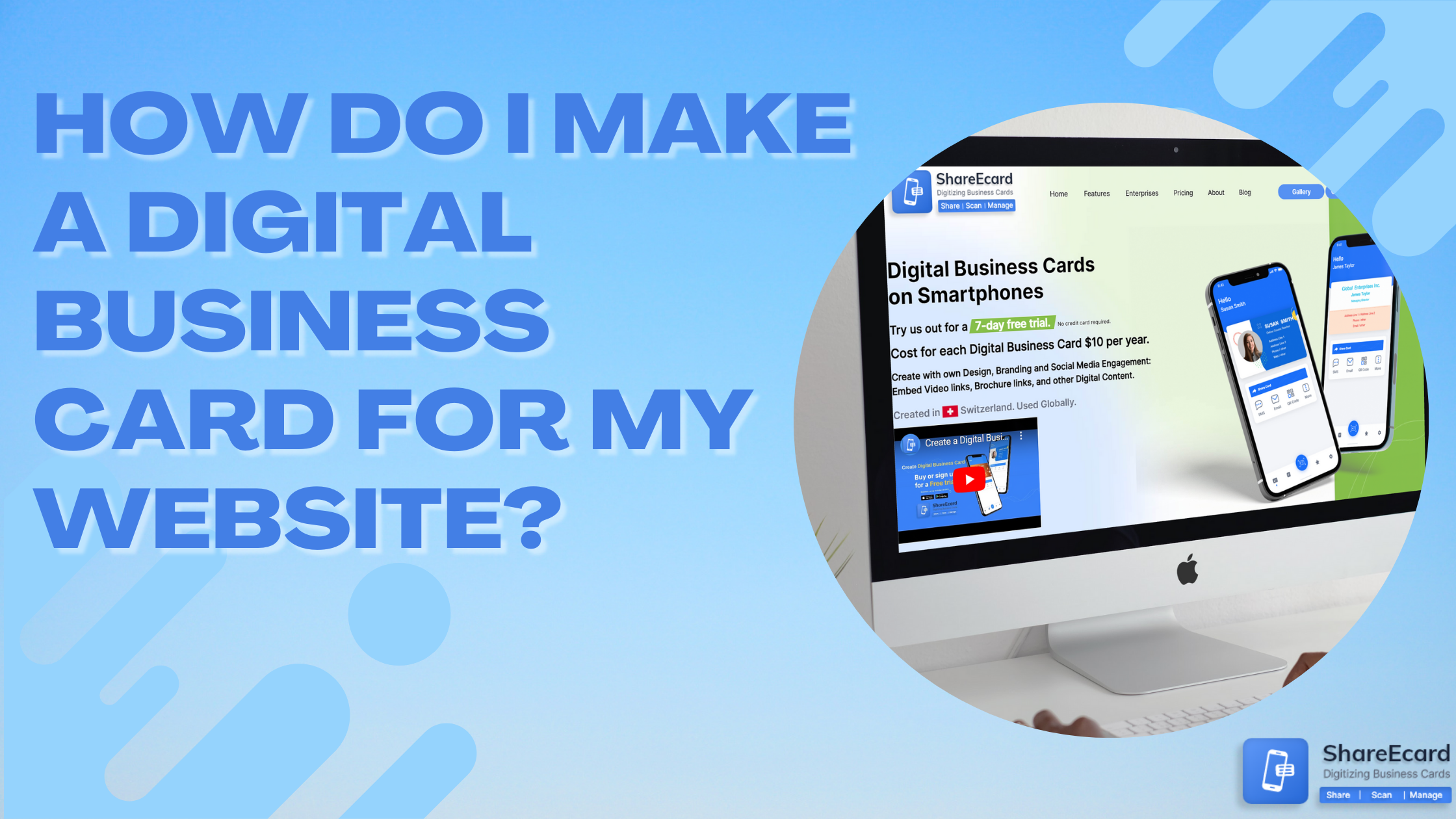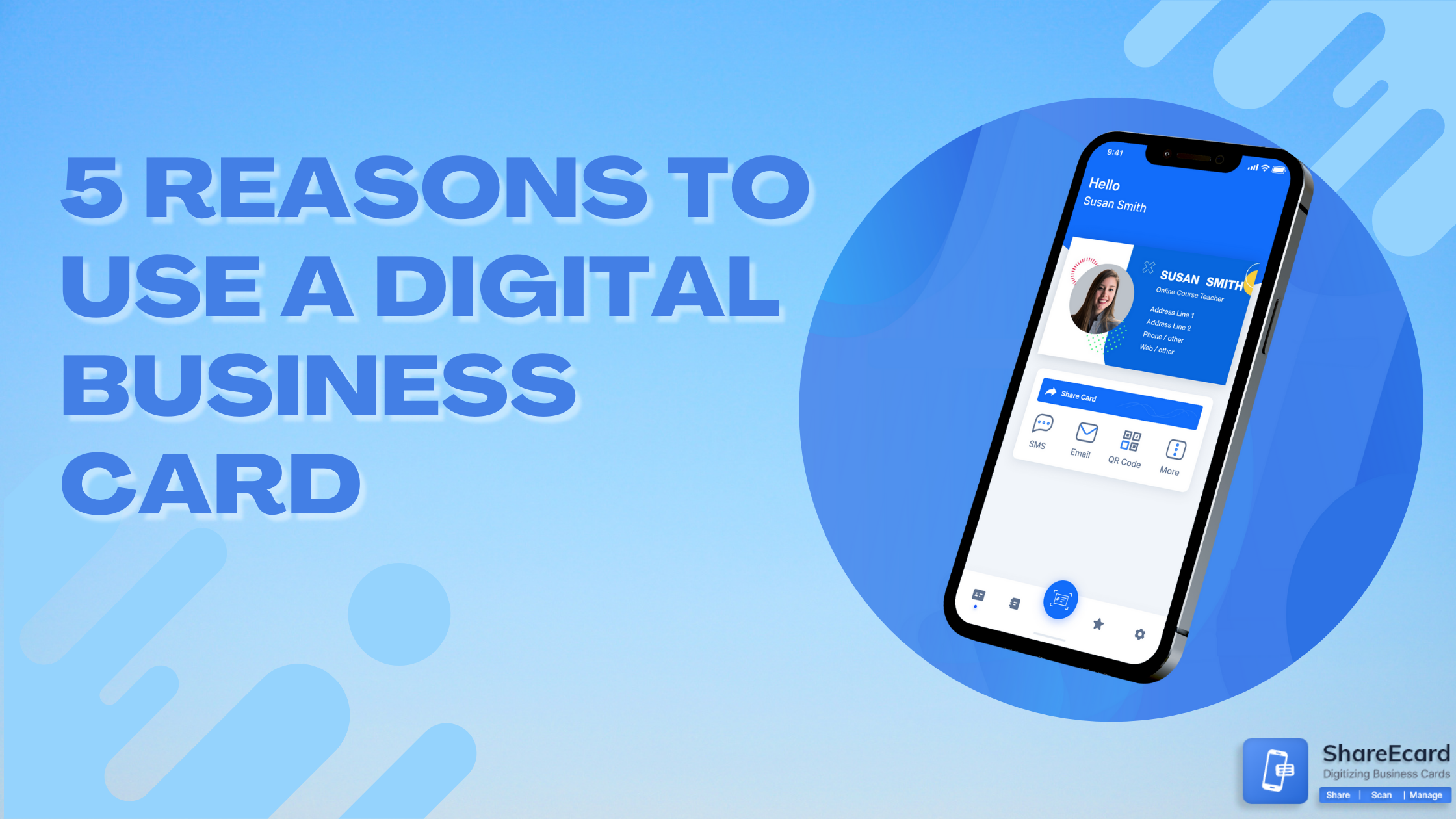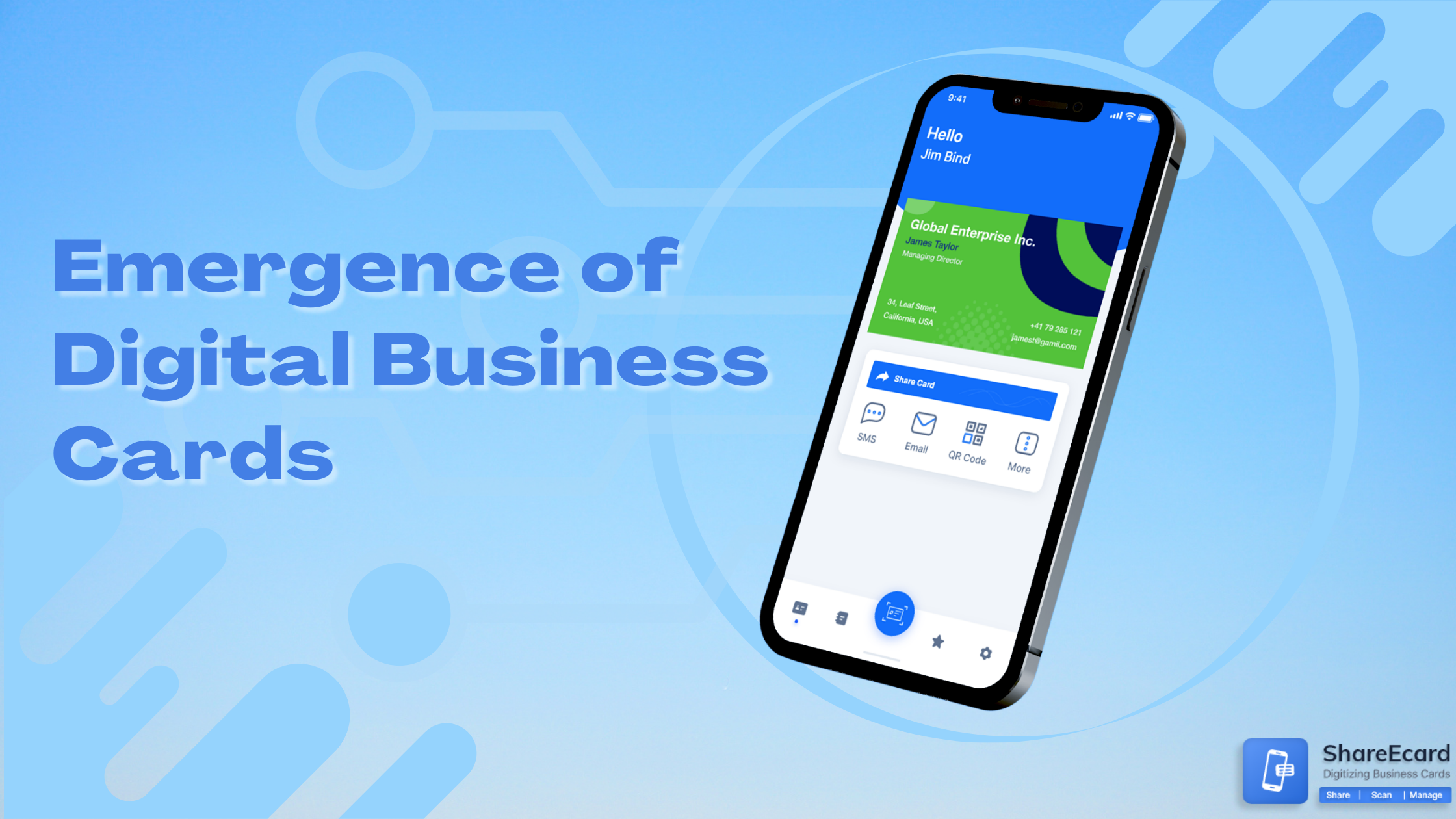What is Remote Closing?

-
Remote Closing is an innovative solution for closing a Real Estate transaction without requiring all the parties to be physically present in the exact location.
With the help of Technology, remote Closing enables buyers, sellers, and other involved parties to complete the necessary legal documents, financial transactions, and other closing tasks online from the comfort of their homes or offices.
Remote Closing had become more popular in the past few years, especially during Covid-19 Pandemic when social distancing and remote work was given more privilege. It offers numerous benefits such as convenience, time-saving, and increased accessibility for people who couldn't travel to a distant location to complete a transaction.
For now, Remote Closing is legal in many jurisdictions. Still, you should check local laws and regulations to meet all the rules. Working with a trusted and experienced real estate agent or attorney who can guide you through the process and ensure everything is done correctly is essential.
-
How does Remote Closing Work?
Remote Closing is a process of completing real estate transactions by completing legal document formalities, financial transactions, and other closing tasks from separate locations. Let us know how it works.
At first, the parties contact each other through video conferencing, email, text, or any other source. Then, they will discuss all the terms of the transaction and will negotiate any outstanding issues.
After that, all the necessary documents will be shared between the parties through a virtual data room. Finally, electronic signature software is used to sign and securely transmit critical legal documents online, eliminating the need for physical signatures.
Next, you need to go with online payment processing such as Paypal or Stripe, which are mainly used to complete the transfer of funds between parties involved in the transaction.
Once all necessary documents are signed, and payments are made, the transaction is recorded by a title company or a lawyer to ensure that the transfer of ownership is complete.
Finally, digital business cards can be exchanged between parties to stay in touch and facilitate future transactions.
-
Tools and Technologies Used in Remote Closing
Remote Closing entirely relies on Technology to facilitate communication, document sharing, and financial transactions. Here are some of the tools and technologies used in Remote Closing.
1. Video Conferencing Software
Video conferencing software is a crucial tool in the remote closing process. It enables parties to communicate in real time, making it easier to discuss the terms of the transaction, negotiate outstanding issues, and answer any questions that may arise during the closing process.
Video conferencing software can significantly speed up the closing process by eliminating the need for in-person meetings. This can be especially important when parties are in different geographic regions or time zones.
2. Digital Business Card
Digital business cards allow parties to quickly and easily exchange contact information, including email addresses, phone numbers, and other relevant information. This can be particularly important in cases where the parties are not in the same geographic region.
By exchanging digital business cards, parties can stay in touch and facilitate future transactions. This can be especially important in cases where the parties have an ongoing business relationship or may work together in the future.
3. Electronic Signature Software
Electronic Signature Software helps sign and transmit the documents without leaving your place. It eliminates the need for in-person meetings and physical signatures, saving time and speeding up the process.
This type of software also uses encryption and other security measures, ensuring that the data will be transmitted securely when dealing with sensitive information.
4. Virtual Data Rooms
Virtual data rooms are an essential tool in the remote closing process. VDRs enable parties to share securely and store documents, ensuring that sensitive information is protected and only accessible to authorized parties.
It allows parties to manage documents more efficiently, with features like version control, document search, and automatic notifications.
By streamlining document management and enhancing collaboration, VDRs can significantly increase efficiency in the remote closing process. They eliminate the need for physical document delivery and can reduce the time necessary to complete the closing process.
5. Payment Processing Systems
Payment processing systems ensure that all payments made during the remote closing process are secure, reducing the risk of fraudulent activities. In addition, they provide encryption and other security features to safeguard sensitive information, such as credit card numbers and personal information.
Payment processing systems offer various payment options to clients, such as credit cards, online banking, and e-wallets. Well, these payment options are easily accessible, convenient, and reduce the barriers to making payments and make the process smoother for clients.
Challenges and Limitations of Remote Closing
Remote Closing offers numerous benefits, but it has challenges and limitations. Here are some of the main challenges and limitations of remote Closing.
1. Technology Challenge
Remote Closing is wholly based on Technology, and it can be a real challenge for many people who need to be tech-savvy. In addition, people who need to be updated with the latest Technology will need help with software and hardware to participate in the process of remote Closing.
2. Security Risks
Remote Closing requires the sharing and storing of sensitive information online, which can be vulnerable to cyber-attacks and other security risks. Therefore, parties must take appropriate measures to ensure the security of the data and protect it from unauthorized access.
No one wants to lose their hard-earned money, which is one of the biggest challenges parties have to face while opting for remote Closing.
3. Communication Issues
Remote Closing requires clear and consistent communication between all parties involved. However, communication issues can arise due to technical difficulties or misunderstandings, leading to delays and mistakes in the closing process.
Communication is an integral part of remote Closing, and if it is not happening up to expectations, then it is a big concern for everyone.
4. Physical Limitations
Certain aspects of the closing process may require physical presence, such as property inspections or notarization of certain documents. Remote Closing may only partially replace these physical requirements, which can limit the scope of the process.
Conclusion
In conclusion, Remote Closing is a modern solution that offers numerous benefits for completing real estate transactions without requiring all parties to be physically present in the exact location.
With the help of Technology, parties can complete legal document formalities, financial transactions, and other closing tasks online from the comfort of their homes or offices. While some challenges and limitations are associated with remote Closing, it is an increasingly popular and viable option, especially when social distancing and remote work are more prevalent.
If you are considering remote Closing, working with a trusted and experienced real estate agent or attorney who can guide you through the process and ensure everything is done correctly is essential.
